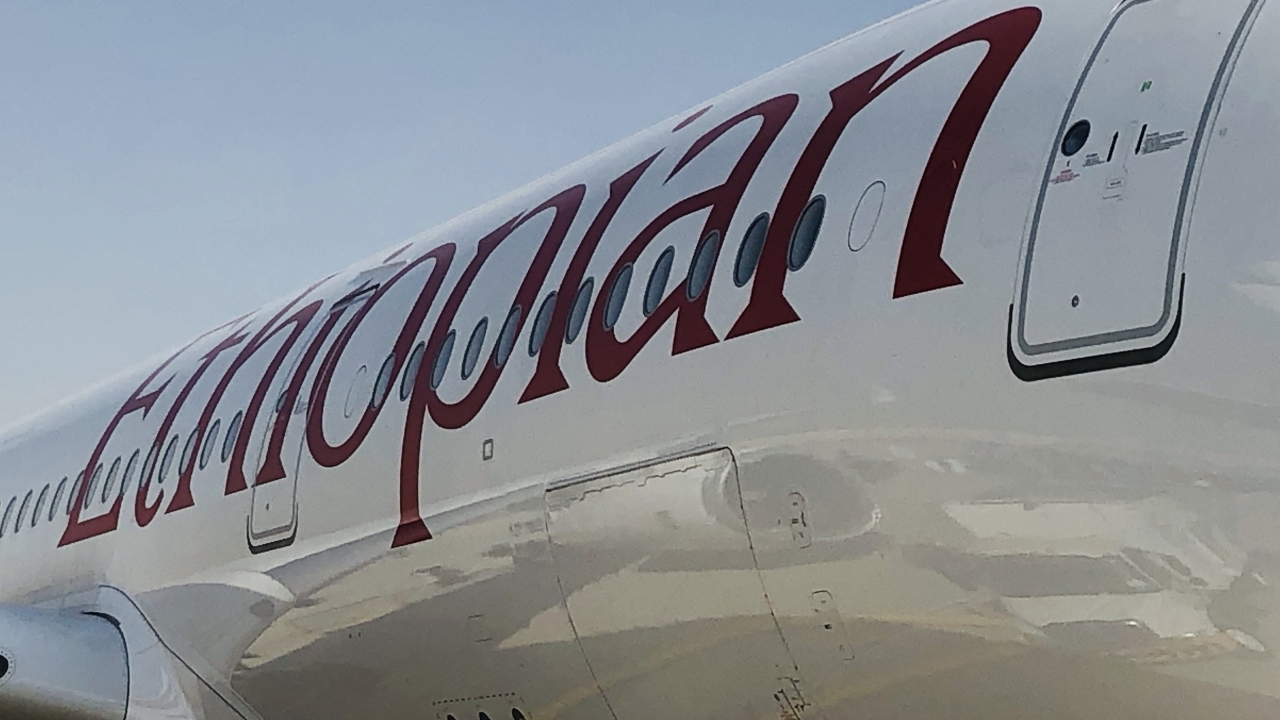AVIATION AFRICA: Air BP highlights low carbon solutions at Aviation Africa 2020

Above: Air BP supplies fuel at Mozambique's Maputo International Airport.
Courtesy Air BP
Returning to the 5th Aviation Africa summit this week at the Ethiopian Skylight Hotel, Addis Ababa, as sponsor and exhibitor, the company is raising awareness of its low carbon solutions and sustainability agenda, as the African aviation market gears up to support a forecasted increase of 200 million passengers in the next two decades.
Africa, which is the second fastest growing aviation market in the world is a key market for Air BP. It began operations on the continent 77 years ago in Mozambique and Zanzibar and now provides fuel at around 40 network locations across the continent.
Air BP’s Anthony Leon, general manager, Southern Africa who will be attending Aviation Africa today, said: “We are pleased to be sharing our lower carbon solutions and sustainability agenda with our customers and delegates at Aviation Africa 2020.
"With the African continent anticipated to experience phenomenal growth, it is vital that we work together with our partners, suppliers, customers and operations teams to continue to develop innovative solutions to reduce our carbon footprint and neutralise emissions.”
Low carbon solutions
Air BP was the first aviation fuel supplier in the world to achieve carbon neutrality for its into-plane fuelling services across an international network of over 250 operated facilities and as such will be sharing its low carbon solutions with customers at the event. Air BP’s carbon neutral operations in Africa includes both OR Tambo International and Cape Town International.
Air BP has more than a decade of experience in the use of electric powered vehicles. It has also adopted innovative stop-start technology in its hydrant dispensers which constantly monitors power demands and reduces vehicle idling.
At OR Tambo International airport, Air BP deployed a bespoke engine start/stop system last year. This has been increased and extended to Cape Town International with each airport now operating six hydrant dispensers with stop/start technology. By shutting the fuel dispenser engine down whilst refuelling the aircraft, it has reduced carbon emissions from those engines by around 20%.
Last year at Cape Town International Air BP introduced additional offloading points in the depot which has improved its supply operations planning and stock management thus considerably reducing inefficient vehicle idling and waiting during busy periods. In addition, Air BP has added variable controls to pumps in its Johannesburg rail siding operations which allows for more efficient use of electric power on pump motors during lower demand periods thereby reducing electricity consumption.
Carbon offsetting supports emission reduction in Zambia
Through its carbon offsetting programme BP Target Neutral, BP has supported emission reduction projects around the world. One such project includes the REDD+ Forest Protection Project in Zambia which is helping to conserve over 40k hectares of pristine forest from destruction as a result of charcoal production and the expansion of farmlands.
Above: Jessie is benefitting from forest conservation classes at her school, paid for through carbon finance directly from the The Lower Zambezi Community Forest Conservation Project.
Courtesy Air BP
BP Target Neutral’s carbon finance supports forest wardens, sustainable charcoal production, education and alternative income sources like bee-keeping/honey production. The project has resulted in 943,469 tCO2e credits issued to date which is an average 137,000 tCO2e per year.
Airfield Automation in Africa
In other news, last year Air BP rolled out its Airfield Automation digital technology to nine locations in Africa. Designed to enhance safety, reliability and compliance in airport fuelling operations, it has been well received by operators in Africa who have reported increased speed and efficiency in fuelling. Airline customers in the region such as Airlink have been impressed with Airfield Automation and have reported improved turnaround times and enhanced accuracy in fuelling.
Anthony Leon, added: “We are delighted to receive such positive feedback from the installation of Airfield Automation in Africa. With this new technology, we are playing our part in ensuring that the fuelling process is fast, efficient and safe.
"Misfuelling is one of the biggest risks we face in our industry. Our global solution provides an engineering barrier to help prevent misfuelling, which is good news for Africa and good news for our industry.”
Air BP grows its footprint in Africa
Air BP continues to invest and grow its footprint in Africa. In November 2019, Air BP signed a technical services agreement with Sonangol, the state-owned oil company in Angola marking its entry into the country. Air BP will support Sonangol in assuring its operations to international standards, providing advice on product quality, operations, HSSE and engineering.
The company further extended its reach last year with its first location in Nigeria at Murtala Mohammed International Airport, Lagos. Air BP is working in collaboration with 11PLC (formerly Mobil Oil Nigeria plc) to provide fuelling services at both the main terminal and the general aviation terminal. Additionally, Air BP is providing technical support and risk management expertise to the airport. Furthermore, Air BP’s technical services team has supported 11PLC in the construction and commissioning of a new 20 million litre aviation jet fuel import tank including the laying of new jet fuel pipelines both of which were completed in 2019.
Air BP currently supplies commercial, general and military aviation customers at nine locations in South Africa, 10 in Egypt, seven in Tunisia, seven in Mozambique, two in Morocco, two in Cape Verde and one each in Nigeria, Mauritius and Ivory Coast. The company’s operations in Africa are supported by around 180 employees.
Stay up to date
Subscribe to the free Times Aerospace newsletter and receive the latest content every week. We'll never share your email address.

